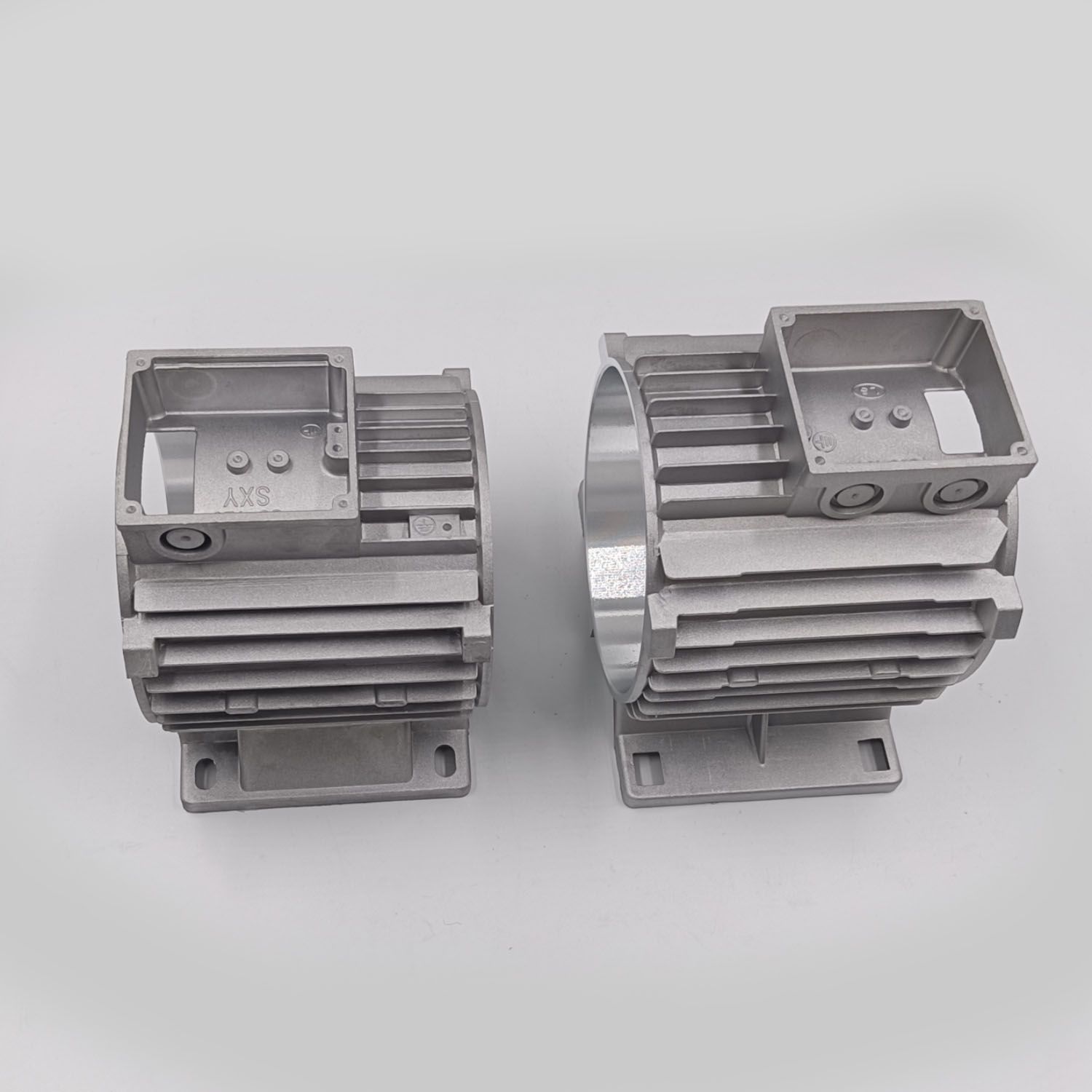Stahl Specialty Company Fundamentals Explained
Stahl Specialty Company Fundamentals Explained
Blog Article
The Ultimate Guide To Stahl Specialty Company
Table of Contents9 Easy Facts About Stahl Specialty Company DescribedMore About Stahl Specialty CompanyTop Guidelines Of Stahl Specialty CompanyStahl Specialty Company - The FactsThe 3-Minute Rule for Stahl Specialty Company
There are many minor distinctions between functioned and cast aluminum alloys, such as that cast alloys can contain a lot more considerable amounts of various other steels than functioned alloys. The most remarkable difference in between these alloys is the fabrication process through which they will go to deliver the final item. Apart from some surface treatments, cast alloys will leave their mold in almost the exact solid kind desired, whereas functioned alloys will undergo several modifications while in their strong state.If you assume that a functioned alloy may be the very best for your job, take a look at several of our short articles that describe more about particular wrought alloys, such as Alloy 6061 and Alloy 6063. On the various other hand, if you assume a cast alloy would be much better for you, you can find out much more regarding some cast alloys in our Alloy 380 and Alloy 383 posts (coming soon).

Having the experience and market knowledge to craft your castings for optimal manufacturing and high quality end results will certainly improve the project. Producing aluminum spreading requires a complicated collection of procedures to attain the appropriate outcomes. When picking a new aluminum factory to partner with, guarantee they have comprehensive sector experience and are knowledgeable concerning all facets of the light weight aluminum casting process: design, production, product evaluation, and item testing.
About Stahl Specialty Company
The factory ought to likewise have a tried and tested record of supplying exceptional products that meet or exceed client expectations. Quality assurance ought to also go to the top of your checklist when choosing a light weight aluminum shop. By collaborating with a qualified shop that adheres to the requirements for high quality control, you can secure the honesty of your item and ensure it fulfills your requirements.
By choosing a business that offers services that fulfill or exceed your item requirements, you can be certain that your task will certainly be completed with the utmost precision and effectiveness. Certain light weight aluminum foundries concentrate on certain sorts of making procedures or casting approaches. Various parts require various manufacturing methods to cast aluminum, such as sand casting or die spreading.

Pass away spreading is the name provided to the process of creating complicated steel elements via usage of mold and mildews of the component, also known as passes away. It generates even more components than any kind of other procedure, with a high degree of precision and repeatability. There are 3 sub-processes that drop under the classification of die spreading: gravity pass away casting (or long-term mold spreading), low-pressure die spreading and high-pressure die casting.
After the pureness of the alloy is checked, dies are developed. To prepare the dies for casting, it is important that the dies are clean, so that no deposit from previous productions remain.
The pure metal, additionally known as ingot, is included in the heater and maintained the molten temperature of the metal, which is then moved to the injection chamber and injected right into the die. The pressure is after that maintained as the steel strengthens visit here - Aluminum Castings. Once the steel solidifies, the cooling process begins
The thicker the wall of the part, the longer the cooling time as a result of the quantity of interior metal that also requires to cool. After the part is fully cooled down, the die cuts in half open and an ejection mechanism presses the element out. Adhering to the ejection, the die is shut for the following injection cycle.
The Stahl Specialty Company PDFs

Today, top manufacturers use x-ray testing to see the entire interior of parts without cutting right into them. To obtain to the ended up item, there are 3 primary alloys made use of as die casting material to pick from: zinc, aluminum and magnesium.
Zinc is one of the most secondhand alloys for die casting due to its lower price of raw products. Its corrosion resistance additionally permits the components to be lengthy long-term, and it is one of the much more castable alloys due to its lower melting point - Foundry near me.
The Main Principles Of Stahl Specialty Company
As discussed, this alloy is among one of the most commonly used, yet produces will, sometimes, choose light weight aluminum over zinc because of light weight aluminum's manufacturing benefits. Light weight aluminum is extremely cost-effective and among the much more versatile alloys. Aluminum is used for a number of different products and industries anything from home window structures to aerospace materials.
Report this page